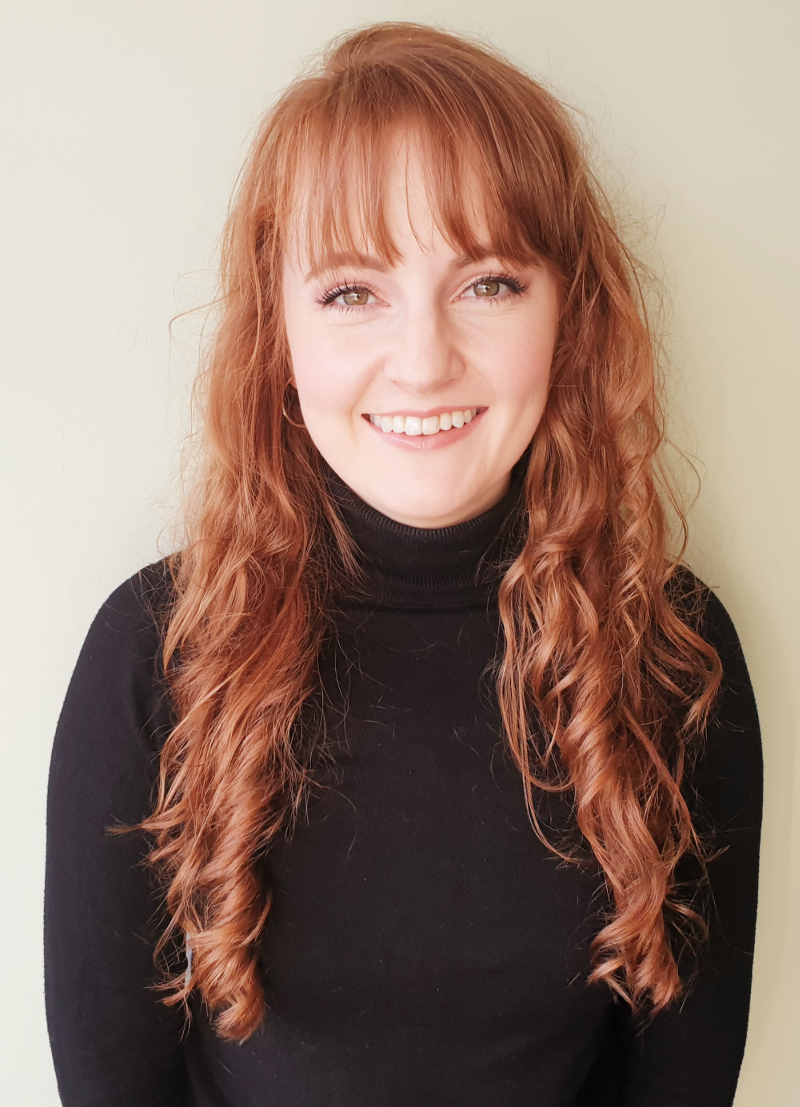
Orla Keating
My MA thesis focused on the reception of classical texts in the Renaissance and I am building on this in my PhD research which focuses on the reception of the Roman writer Columella’s (4 CE- 70) De re rustica (On Agriculture), rediscovered in 1417. I am particularly interested in how the areas of materia medica, horticulture and ecology shaped the reception of Columella against the background of growing scholarly work on Pliny the Elder during the fifteenth and sixteenth centuries.
Since most of the writers I am studying wrote in Latin, I am carrying out my work at the Centre for Neo-Latin Studies in UCC. I have been affiliated with the Centre since 2015, before I started my MA, and have been an active participant in the Neo-Latin seminar and the weekly meetings of the Spoken Latin circle, which organises an annual immersive spoken Latin week, the Schola Latina. This recreates Latin educational techniques from the Renaissance to deepen our understanding of the language and its history. My supervisor, Dr. Jason Harris, is a specialist in Neo-Latin who has worked extensively on the reception of classical culture in the Renaissance.
Columella’s De re rustica, is a twelve-volume book covering all aspects of agricultural science. After its rediscovery the book became hugely influential during the first phase of European mercantile, missionary and colonial expansion into Africa, Asia and the Americas, when a massive flood of new information and ideas about the natural world overwhelmed European scholars. Examining the dissemination and reception of Columella’s text offers a hitherto unexplored means of assessing the evolution of European natural philosophy in this period. His work provided a framework against which Neo-Latin scholars in the Renaissance could interpret their own changing natural and cultural environment.
My research for the next two years will be funded by the Irish Research Council and I am delighted to receive the NUI Travelling Doctoral Studentship which will fund my final year. This will allow me to carry out necessary research in archives throughout Italy, Switzerland and Spain and to present my work at international conferences. I am passionate about the natural world and I would like to build on my work on Columella and fit his narrative into existing knowledge around Early Modern attitudes to the environment to help us understand our own relationship to nature today.






















